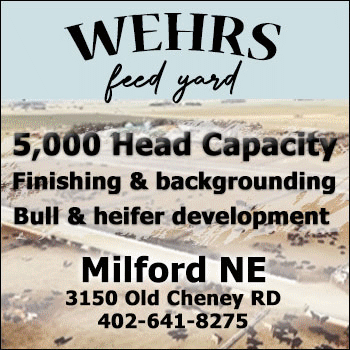The meat industry encouraged farm-state lawmakers on Wednesday to legislatively override the Supreme Court ruling that gives states the power to set animal welfare standards and regulate meat sales. The Supreme Court decision upholding California’s Proposition 12 “opens the door to chaos” and a welter of state-by-state barriers, said Bryan Burns of the North American Meat Institute.
“Industry needs certainty,” said Burns at a House Agriculture subcommittee hearing. “But any federal or legislative solution to this requires careful drafting to ensure it’s legally sufficient to address the problem but not vulnerable to legal challenges in court.”
In a 5-4 ruling last week, the Supreme Court upheld California’s voter-approved Proposition 12, which would require farmers to provide more space for egg-laying hens, veal calves, and breeding sows and would ban the sale of meat and eggs produced on farms outside the state that to not meet California’s standards.
Farm groups challenged Prop 12’s rules on pork and hogs, including a provision to give individual sows 24 square feet of floor space. Hog farmers commonly use sow crates that greatly limit a sow’s movements.
Burns said the Supreme Court ruling “will trigger similar regulations in Massachusetts,” where state officials delayed implementation of Question 3, approved in a statewide referendum in 2016, while Prop 12 was before the Supreme Court. Question 3 would impose similar animal welfare rules as Prop 12.
“It will also embolden anti-animal ag groups to pursue burdensome laws elsewhere, and it will open the door to chaos in interstate commerce through state-by-state trade barriers, not just for meat and poultry products but for any products not meeting the standards set by another state,” said Burns.
The National Pork Producers Council, whose members include processors, said the impact of the Supreme Court decision “will go far beyond the farm.” And subcommittee chair Rep. Tracey Mann, a Kansas Republican, said the ruling invited “unthinkable, unscientific regulatory overreach against all producers.”
During Supreme Court arguments last October, the pork industry asked for a strict interpretation of the so-called dormant commerce clause, which prohibits state laws that discriminate against or excessively burden interstate trade.
California’s solicitor general, Michael Mongan, said Prop 12 would affect only the farmers who wanted to sell pork in the state. “California voters chose to pay higher prices to serve their local interest in refusing to provide a market to products they viewed as morally objectionable and potentially unsafe,” he said.














